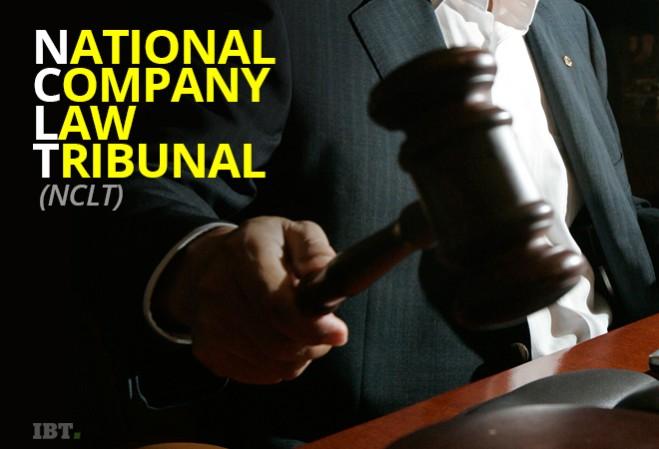
Creditors of telecommunications companies Reliance Communications (RCom) and unlisted Aircel could challenge the National Company Law Tribunal (NCLT) order pronounced on August 14, in the National Company Law Appellate Tribunal (NCLAT), which dismisses their right to call for a lenders' meeting.
The RCom-Aircel merger was admitted by NCLT last week. Moreover, the tribunal dismissed the operational creditors' argument that the lenders need to clarify how the outstanding will be settled before the merger is allowed to go ahead, the Economic Times reported.
The order pronounced by the tribunal suggested that any creditor accounting for 5 percent or less of the companies' total debt cannot oppose the merger.
The three key operational creditors who have provided services in this case are Ericsson, GTL Infrastructure, and Bharti Infratel. They are called creditors because they provided services and not because they lent money, the ET report said.
Also read: NCLT approves Reliance Communications-Aircel merger, Brookfield deal
The business daily quoted the lawyer involved on behalf of the creditors of Reliance and Aircel saying, "The order is clear that any of our objections can be made at any time during the process. But it also dismisses all claimants, saying none of us account for 5 per cent of debt exposure."
Of the three key creditors involved in the case, tower company GTL Infra argued that it alone accounted for over 5 percent of the exposure between current receivables and future commitments, according to ET.
But the argument has been dismissed by the tribunal saying none of these companies were owed more than 5 percent of the total outstanding loan in the last disclosed balance sheet.
The company is likely to challenge it, a person close to the development told the business daily.
Beside the three companies, lenders who previously objected to the merger plea are China Development Bank (CDB), Standard Chartered Bank and HSBC. The latter three withdrew their objections, but retained their right to object at a later stage.













